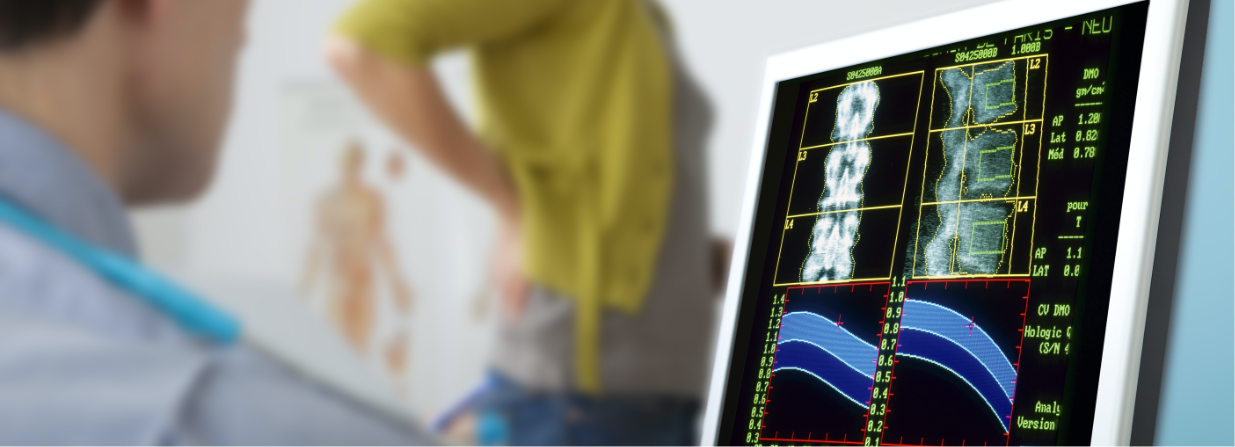The hippocampus is a region of the temporal lobe that forms the anatomical center of memory. Although language centers consistently localize to the left side of the brain (in the right handed), localization memory is more variable. Often, when temporal lobe surgery is contemplated for epilepsy or brain tumors, the surgeon requests a Wada test to help establish the laterality and localization of language and short-term memory. This test may serve as an adjunct to fMRI, another diagnostic test that clarifies the relationship between function and anatomy Wada testing involves angiographic access to both the left and right carotid artery-vessels that provide the majority of blood flow to the brain.
Prior to testing, baseline questions are posed to the patient that highlight language and memory ability. Localization of function left vs. right vs. bilateral is determined by injecting a short-acting sedative medication selectively in the right or left carotid artery thereby inactivating that side of the brain. During this interval, the patient is asked to further questions meant to assess memory and language. By alternatively sedating the left and the right side of the brain, neurologists and neuropsychologists are able to determine the sidedness of critical cognitive functions. The results of this test inform the surgeon and assist in the creation of a safe surgical plan.

